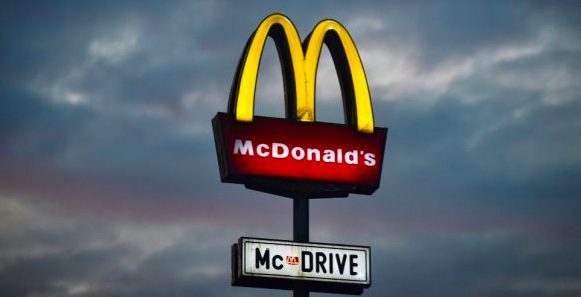
Prison slavery linked to fast Food Giants Coca Cola, McDonald’s and Kroger
A comprehensive two-year investigation by The Associated Press unravels intricate, invisible webs connecting some of the world’s largest food companies to forced prison labor in the U.S.. This shadowy workforce, often excluded from basic labor protections, produces goods that end up on the shelves of almost every American kitchen, from breakfast cereals to fast-food meats.
One of America’s most vulnerable workforces
Incarcerated workers, facing the threat of parole denial or even solitary confinement if they resist, form one of America’s most vulnerable workforces.
Robin Mcdowell and Margie Mason for the Associated Press report,
They also are often excluded from protections guaranteed to almost all other full-time workers, even when they are seriously injured or killed on the job.
The goods these prisoners produce wind up in the supply chains of a dizzying array of products found in most American kitchens, from Frosted Flakes cereal and Ball Park hot dogs to Gold Medal flour, Coca-Cola and Riceland rice. They are on the shelves of virtually every supermarket in the country, including Kroger, Target, Aldi and Whole Foods. And some goods are exported, including to countries that have had products blocked from entering the U.S. for using forced or prison labor.
Many of the companies buying directly from prisons are violating their own policies against the use of such labor. But it’s completely legal, dating back largely to the need for labor to help rebuild the South’s shattered economy after the Civil War. Enshrined in the Constitution by the 13th Amendment, slavery and involuntary servitude are banned – except as punishment for a crime.
